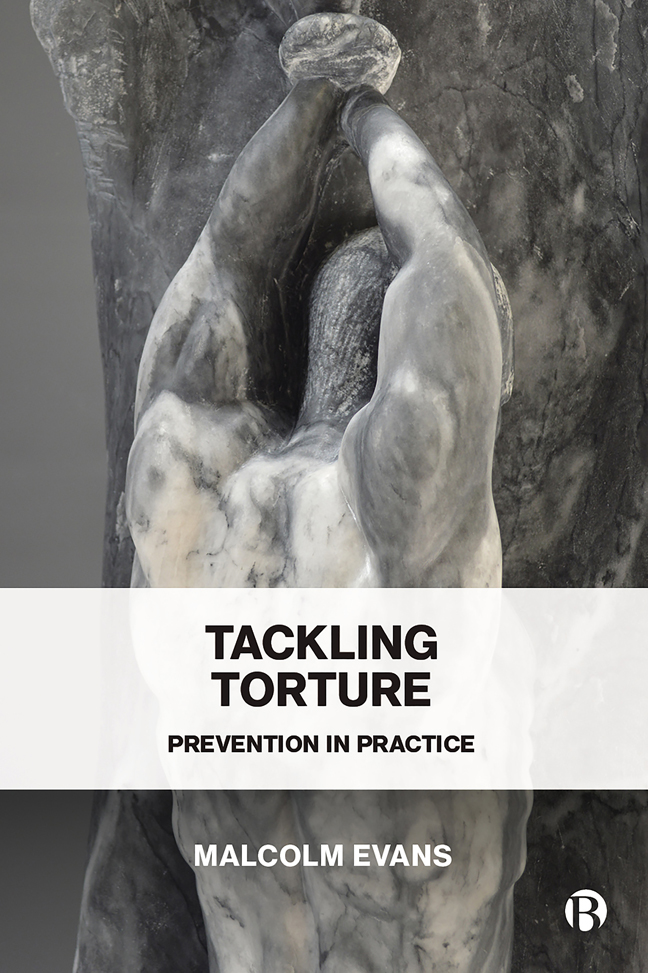8 - Accepting the Unacceptable
Published online by Cambridge University Press: 24 January 2024
Summary
Introduction
I really do not want this book to be a litany of horrors. They are all too easy to produce and can have the opposite effect to that which was intended. When authors present such accounts as ‘horror stories’ they are inevitably received as such by readers – as stories. Yet the horror is not the story, but the reality that the story recounts. That is not and cannot be ours, and we cannot ‘make it our own’. We might receive and acknowledge the story and accept the knowledge that it conveys. Many – most – of us will then finish our reading and do something else. And how many of us are really prompted into action because we have read about terrible things? Some people are, but, in truth, not all that many. We may recoil from what we have read but, for the most part, we move on. What else are we meant to do? What else can we do? We have no particular responsibility for what is recounted or, perhaps more importantly, any authority or very much power to do anything about it even if we wished to. I do not want to put readers in this position, which can be tantamount to some form of veiled accusation, or an invitation to assume some responsibility or accept some guilt. That is not fair.
But some people do have that responsibility and have the authority and the power to make things different.
This chapter and the chapter that follows are largely about such instances – situations in which something is very clearly wrong and yet nothing is being done about it by those who have the power to do so. This inevitably requires recalling some very harrowing stories – but the reader must remember that these are not stories to those whose stories they are: these are their experiences, parts of their lives, their past, their present and directly or indirectly, of their futures. They are not ‘just’ stories. To the extent that I observed these things, the experience of having observed them is now mine, just as the experience of reading about them becomes the experience of the reader. But the experience which is recounted is not that of the author or the reader, for which both author and reader can only be thankful.
- Type
- Chapter
- Information
- Tackling TorturePrevention in Practice, pp. 139 - 148Publisher: Bristol University PressPrint publication year: 2023

